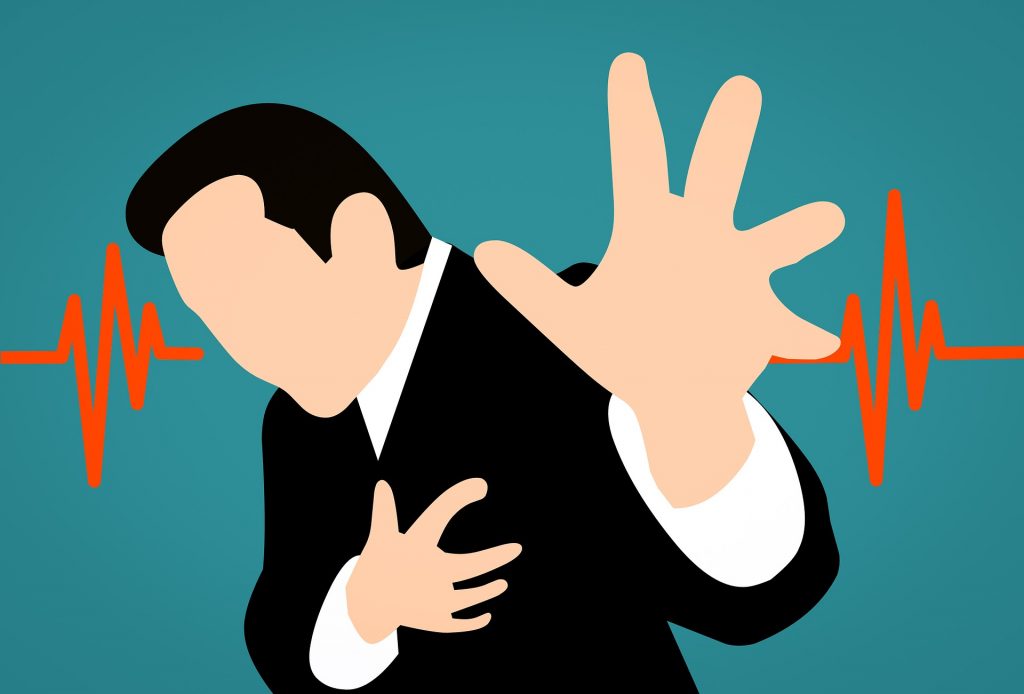Understanding Heart Failures
Cardiac arrest, heart attack and failures are three medical terms that most people often use interchangeably. However, all these three health crises are from radically different causes and treatments.
Heart Attack
During a heart attack, the blood flow towards the heart is blocked by a blood clot or an accumulation of plaque on the arteries’ linings. Because the heart muscle needs oxygen to survive, the tissue begins to die when blood flow is blocked. Symptoms may begin slowly and stay around for hours, days or even weeks before the heart attack.
In a heart attack, you may feel pain in the middle of the chest that can spread to the back, jaw or arms. Very often, people feel pain in their stomach and mistake the heart attack for indigestion.
Different symptoms include faintness, sudden sweating, nausea, shortness of breath, heavy pounding of the heart, abnormal heart rhythm, loss of consciousness, restlessness, anxiety and bluish lips, hands or feet.
A cardiac arrest
In a cardiac arrest, the heart stops beating and needs to be restarted. It is an electrical problem triggered by a disruption of the heart’s rhythm. Most heart attacks do not lead to cardiac arrest; however, when cardiac arrest happens, a heart attack is a common cause.
In many cases, cardiac arrest is a temporary condition experienced during a medical emergency. It is not necessarily proceeded by heart disease, but many patients experience warning symptoms up to a month before cardiac arrest.
It can lead to death within a minute if not treated. Symptoms included, like- dizziness, loss of consciousness, and shortness of breath, a person will become unresponsive and have trouble breathing.

Heart Failure
It occurs when the heart muscle fails to pump as much blood as body needs. It is usually a long term chronic condition, but it may come on suddenly. In people with heart failure, the heart does not pump regularly, causing the hormone and nervous system to compensate for the lack of blood.
The body may raise blood pressure, making the heart beat faster and causing it to hold on the salt and water. Congestive heart failure may not display symptoms in the early stages. When symptoms do develop, they may include weight gain, nausea and others not generally associated with the heart.
Other symptoms are-
- Dry hacking cough, especially when lying down
- Confusion, sleepiness and disorientation in older people
- Dizziness, fainting, fatigue or weakness
- Rapid breathing
- Bluish skin
- Wheezing and spasms in the airway, similar to asthma
Everyone should get themselves screened regularly for potential heart problems, along with keeping fit, exercising and eating healthy.



